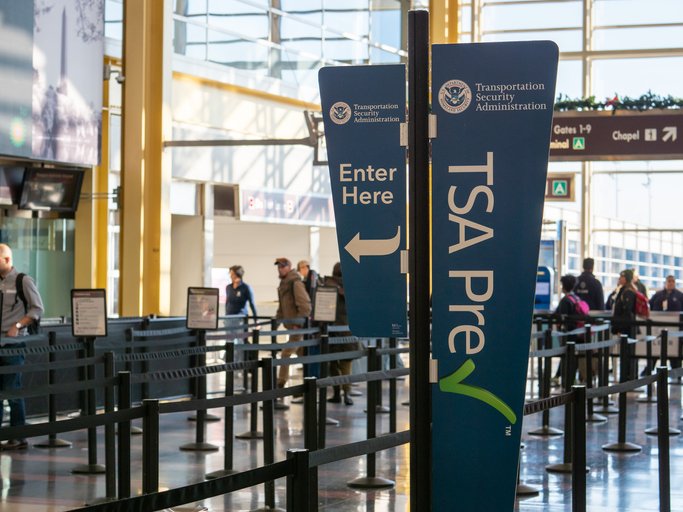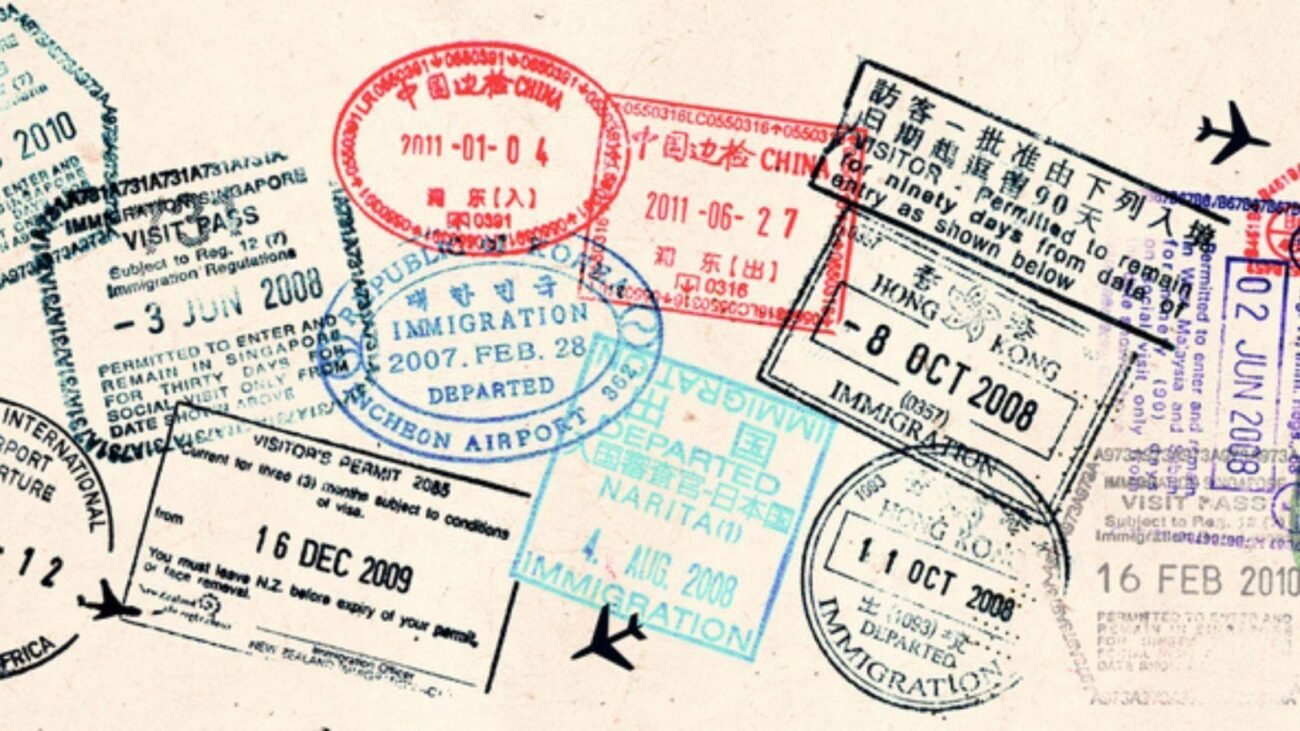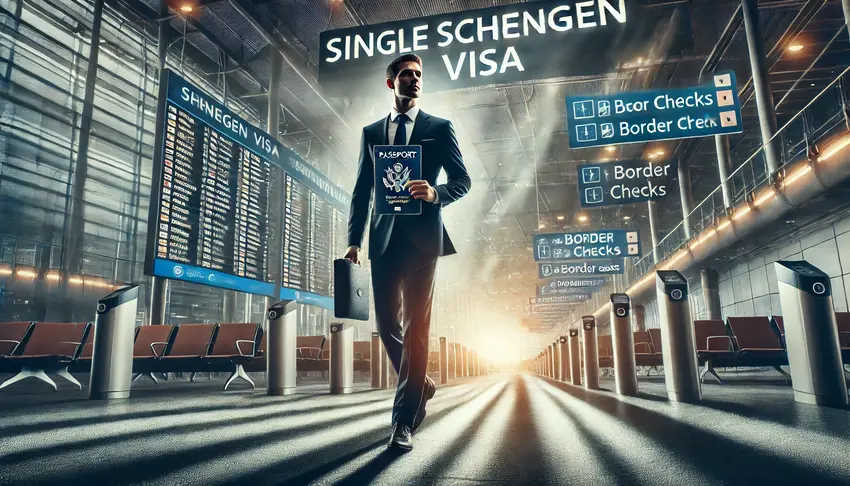Germany has launched a new visa scheme aimed at attracting skilled non-EU nationals to live and work in the Federal Republic.
The new work visa, called a Chancenkarte, or “Opportunity Card”, has been open for applications since the start of June 2024.
Distinct from the so-called “digital nomad” or Freiberufler visa that allows the self-employed and freelancers to move to Germany with their families for three years, the new Chancenkarte visa operates on a points system according to applicants’ academic qualifications, language abilities professional background and other attributes.
Notably, it is not necessary for applicants to already have an offer of employment before arriving in Germany in order to qualify for the visa. Instead, would-be non-EU immigrants to Germany may move there ahead of finding a job, with the Chancenkarte giving them one year in which to look for work. Part-time employment is also permitted under the programme.
What are the conditions?
European Union nationals and Swiss citizens already have the right to choose to live and work in Germany if they wish. The Chancenkarte is being created therefore to target workers from so-called “third countries”, outside the bloc.
Anyone applying for the Chancenkarte must show they are able to cover living expenses of €1,027 per month, in order to stand a chance of qualifying. Success will also depend on having a German-recognised professional qualification or academic degree, as well as receiving a minimum of six points under a rating system that takes into account a range of criteria including applicants’ age, as well as their personal connections to the country.
Interested parties should check out the Make It In Germany where they can carry out a “self-check” on their potential eligibility for the Chancenkarte. For anyone serious about pressing ahead with an application, the German Diplomatic Mission is the place to go.
The move comes as Germany, along with other northern European nations, faces a demographic crisis and worker shortage, something that partly drove Angela Merkel’s “We can do this” attitude to Europe’s 2015 refugee crisis. But many immigrants to Germany at that time were coming in extremis from war-torn nations and lacked language skills and qualifications. The new non-EU visa aims to address that.
“We are making sure that we can attract the skilled workers our economy has urgently needed for years,” Germany’s Federal Minister of the Interior and Community, Nancy Faeser said. “This is vital for our country’s future.” Sectors like medicine and healthcare, education, engineering and manufacturing are set to benefit.
Speaking to the BBC, Faeser said the card “will make it easier and quicker for people with experience and potential to find a suitable job and get started.”



























